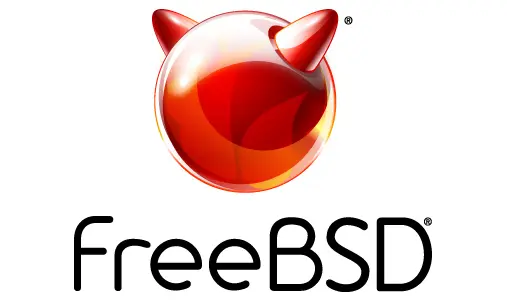You’ve probably heard of FreeBSD, Linux, and UNIX floating around in the tech world. Sometimes people lump them together like they're the same thing—but they're not! 🤯
They're more like three cousins: similar in origin, same family tree, but each with their own unique vibe.
So, let’s break down the differences between FreeBSD, Linux, and UNIX—without turning it into a boring lecture.
1. Origins and Lineage
| System | Origin | Created By |
|---|---|---|
| UNIX | The original OS | AT&T Bell Labs (1969) |
| BSD / FreeBSD | A direct descendant of UNIX | UC Berkeley → FreeBSD Project |
| Linux | Inspired by UNIX, not a direct descendant | Linus Torvalds (1991) |
UNIX is the granddaddy. BSD/FreeBSD are the biological grandkids. Linux? The adopted genius who learned from grandpa and did his own thing.
2. Kernel and System Structure
- UNIX: Kernel + userland developed by the same vendor (usually proprietary).
- FreeBSD: Kernel and userland developed as a unified system by the same team.
- Linux: Kernel only; userland is provided by distributions (like Ubuntu, Fedora, Arch, etc.).
FreeBSD is “tidy,” Linux is “modular” (but that modularity can vary by distro).
3. License Differences
| System | License Type | Characteristics |
|---|---|---|
| UNIX | Proprietary | Paid, not freely modifiable |
| FreeBSD | BSD License | Free to use and modify, no obligation to share |
| Linux | GPL License | Free, but requires you to share modifications if redistributed |
BSD License is more flexible (Google or Apple can use it quietly). Linux is more idealistic (“freedom for all!”).
4. Real-World Usage
| Category | UNIX | FreeBSD | Linux |
|---|---|---|---|
| Enterprise Servers | Still in use (Solaris, AIX) | Very stable and popular in big infrastructure | Dominates cloud and hosting |
| Desktop | Rare | Possible, but not its focus | Fairly popular (Ubuntu, Mint) |
| Embedded | Not common | Used by some vendors | Extremely popular (Android, IoT, routers) |
Fun Fact: macOS is actually based on BSD! So you’ve probably used a “flavored” version of FreeBSD already.
5. Notable Features
| Feature | FreeBSD | Linux |
|---|---|---|
| ZFS File System | Built-in, mature | Available (via ZFS on Linux), needs extra setup |
| Jails (process isolation) | Native and lightweight | Alternatives: Docker, LXC |
| Port System | Unique software management system | Varies by distro (APT, Pacman, DNF, etc.) |
| Consistency | One system, one team | Varies by distribution |
FreeBSD wins in consistency and full control. Linux wins in variety and community support.
FreeBSD, Linux, and UNIX are part of the big UNIX-like operating system family. But while they’re “related,” they differ in:
- Origins
- Development philosophy
- Licensing
- Target audience and use cases
So don’t call FreeBSD “just another Linux.” It has feelings too.
If you prefer stability, clean documentation, and a unified system, FreeBSD might be your perfect programming partner. But if you love tinkering and an active community, Linux is your digital playground.



0 Comments:
Post a Comment